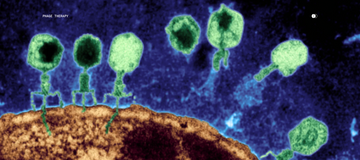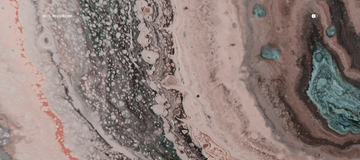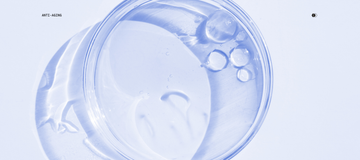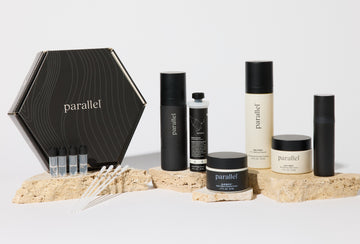The UK government recently placed a ban on wet wipes containing plastic because of the dangerous microplastics they leave behind. Microplastics, tiny plastic particles less than 5 millimeters in diameter, have been shown to be devastating not only for the environment, but also for our long-term health. So while wet wipes are convenient, it's time we start reading labels and thinking about alternative methods for effective makeup removal and skincare. We’ll get there in a minute, but first let’s delve into how microplastics come to be and their effects on our world.
The issue stems from the use of non-biodegradable plastics like polyester or polypropylene in many wet wipes, which persist in the environment, accumulating in oceans, rivers, and beaches when improperly disposed of.
Once in aquatic environments, wet wipes undergo fragmentation rather than biodegradation, breaking down into smaller pieces known as microplastics; these are pervasive and persistent pollutants, posing serious threats to marine life and ecosystems. Microplastics can be ingested by marine organisms, causing harm at various levels of the food chain. Moreover, microplastics have been found in drinking water sources worldwide, highlighting their potential impact on human health, as well. When these plastics enter the human body through ingestion or inhalation, inflammation, oxidative stress, endocrine disruption, and respiratory problems can arise as major problems for long-term health. To know if wet wipes contain plastic, check the ingredients list for synthetic fibers like polypropylene or polyester, and look for labels such as "biodegradable" or "plastic-free."

Alternatively, you can use microbiome-supportive and sustainable gel cleansers like Parallel’s Holy Calming Cleanser, which offers a safer alternative. Here's why:
- Effectiveness: Makeup wipes should not be used every day as they fail to deeply cleanse pores, leading to build up over time, dulling skin radiance and contributing to issues like blackheads and breakouts. Meanwhile, gentle gel cleansers provide a thorough cleanse by effectively removing makeup, dirt, and excess oil from the skin, while keeping your skin hydrated.
- Gentle on Skin: Wipes require rubbing and pulling to effectively remove makeup, causing low-grade inflammation that can eventually promote skin pigmentation or even early wrinkling. On the other hand, microbiome-supportive cleansers like the Holy Calming Cleanser is formulated with gentle ingredients suitable for various skin types, including sensitive skin, to cleanse without stripping the skin of its natural oils.
- Environmental Impact: Unlike single-use wipes that contribute to plastic waste, gel cleansers typically come in recyclable packaging and lead to less of an environmental footprint. Choosing a gel cleanser over wipes aligns with efforts to reduce plastic pollution and support eco-friendly skincare practices.
As the UK moves towards banning plastic-containing wet wipes, embracing sustainable cleansers, like our Holy Calming Cleanser, offers a more responsible and safer alternative for the environment, as well as long-term health.




























